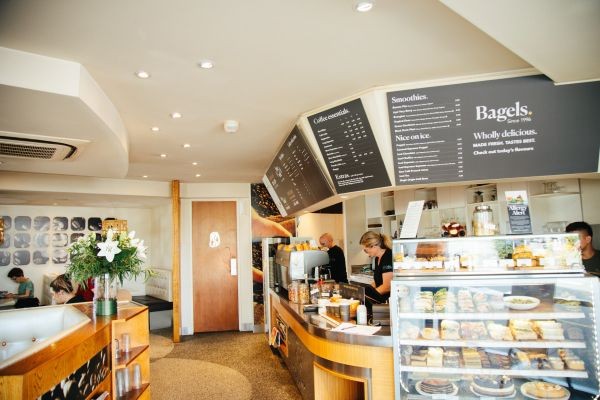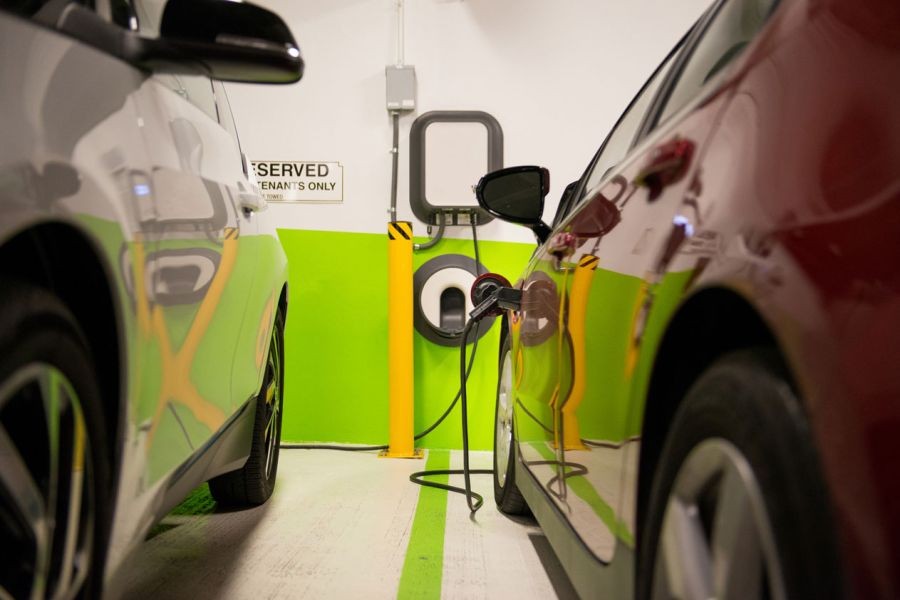In the dynamic world of startups, the choice between incubators and accelerators can significantly influence a business's trajectory. As Australia's startup ecosystem continues to mature, understanding the intricacies of these support systems becomes crucial for entrepreneurs aiming to expand rapidly. According to the Australian Bureau of Statistics, the number of new businesses continues to grow, yet many struggle to sustain long-term growth. This article delves into the distinct features of startup incubators and accelerators, offering insights tailored to Australia's unique economic landscape.
The Australian Startup Ecosystem: A Brief Overview
Australia's startup scene has witnessed robust growth, driven by government initiatives such as the National Innovation and Science Agenda. The rise of tech hubs like Sydney and Melbourne, combined with access to venture capital, provides fertile ground for innovation. However, the path to success remains fraught with challenges, making the role of incubators and accelerators pivotal.
Startup Incubators: Nurturing Innovation
Startup incubators offer a supportive environment for early-stage companies. They provide resources such as office space, mentorship, and networking opportunities. The focus is on nurturing an idea into a viable business model over an extended period. Incubators are particularly beneficial for startups in industries like biotechnology and clean energy, where longer development cycles are common.
- Case Study: CSIRO's ON Program – This Australian incubator has been instrumental in transforming scientific research into commercial ventures. By providing access to industry experts and research facilities, CSIRO's ON Program has helped startups like Quantum Brilliance develop cutting-edge quantum computing technologies.
Startup accelerators: Catalyzing Growth
accelerators, on the other hand, are designed to expedite growth. They offer intensive, short-term programs that include mentorship, seed funding, and investor connections. This model suits startups ready to scale quickly, often in tech-driven sectors. accelerators such as Startmate have propelled companies like Canva to global recognition, demonstrating the power of rapid acceleration.
- Case Study: Startmate – Known as one of Australia's leading accelerators, Startmate provides startups with a 12-week program focused on fast growth. Canva, a Startmate alumnus, leveraged the program's resources to expand its user base exponentially, becoming a leader in the online design space.
Pros and Cons: Incubators vs. accelerators
Startup Incubators
- Pros:
- Long-Term Support: Incubators offer extended timelines for idea development.
- Resource Access: Startups benefit from shared resources and facilities.
- Low Pressure: The focus is on sustainable growth rather than rapid scaling.
- Cons:
- Slower Growth: Prolonged timelines may delay market entry.
- Limited Funding: Incubators typically provide less financial support than accelerators.
Startup accelerators
- Pros:
- Fast-Track Growth: accelerators focus on rapid market entry and scaling.
- Access to Capital: Startups often receive seed funding and investor connections.
- High-Intensity Mentorship: Short, focused programs drive quick progress.
- Cons:
- High Pressure: Intense programs can be demanding.
- Equity Trade-Off: accelerators often require a stake in the company.
Common Myths About Incubators and accelerators
Despite their popularity, several misconceptions persist about incubators and accelerators. Let's debunk some common myths:
- Myth: "Incubators and accelerators are the same." Reality: Incubators focus on long-term development, while accelerators aim for rapid scaling.
- Myth: "Only tech startups benefit from accelerators." Reality: While popular among tech ventures, accelerators also support diverse industries, including fintech and health tech.
- Myth: "Equity loss in accelerators is not worth it." Reality: The mentorship and funding received often outweigh the equity trade-off, especially for startups needing rapid growth.
Biggest Mistakes to Avoid
Choosing between an incubator and an accelerator is a critical decision that can impact your startup's success. Here are common mistakes to avoid:
- Failing to Define Goals: Clearly outline your startup’s objectives before selecting a program. Consult resources like the ASIC's business planning toolkit to align your goals.
- Ignoring Industry Fit: Choose programs that specialize in your industry. For example, biotech startups should consider incubators with research facilities like those offered by CSIRO.
- Overlooking Program Reputation: Research the track record of programs. Successful alumni can be an indicator of a program’s effectiveness.
Future Trends and Predictions
The future of incubators and accelerators in Australia looks promising, with several trends shaping the landscape:
- Increased Government Support: The Australian government is likely to enhance funding for innovation, making programs more accessible.
- Tech Integration: With advancements in AI and machine learning, programs will increasingly incorporate technology to drive innovation.
- Diversification: Expect to see a broader range of industries being supported, beyond traditional tech startups.
Conclusion and Final Takeaway
Choosing between a startup incubator and an accelerator depends on your business model, growth stage, and industry. Incubators offer a nurturing environment for long-term development, while accelerators provide the resources and intensity needed for rapid scaling. As Australia's startup ecosystem continues to evolve, aligning your strategy with the right support system is crucial for success. Engage with local programs and leverage the resources available to maximize your growth potential.
What’s Next?
To further explore opportunities in Australia's startup ecosystem, consider joining industry groups on LinkedIn or attending events hosted by organizations like the Business Council of Australia. Engage with mentors, network with peers, and stay informed about the latest trends to ensure your startup's success.
People Also Ask
- How do startup incubators help Australian businesses? Incubators provide long-term support, resources, and mentorship, helping startups develop viable business models over time.
- What is the main advantage of startup accelerators? accelerators offer rapid growth opportunities through intensive mentorship, seed funding, and investor connections.
- Can non-tech startups benefit from accelerators? Yes, accelerators support diverse industries, including fintech, health tech, and more, not just tech startups.
- What should startups consider when choosing between an incubator and an accelerator? Startups should assess their growth stage, industry fit, and long-term goals before selecting a program.
Related Search Queries
- Startup incubators in Australia
- Best accelerators for tech startups
- Incubator vs accelerator differences
- How to choose a startup accelerator
- Government support for Australian startups
- Successful Australian startups 2023
- Incubator programs for biotech startups
- Investment opportunities in Australian startups
































lenabodenwiese
9 months ago